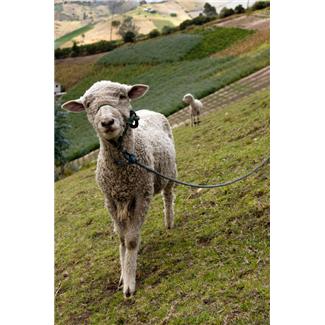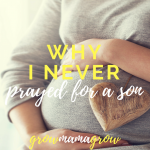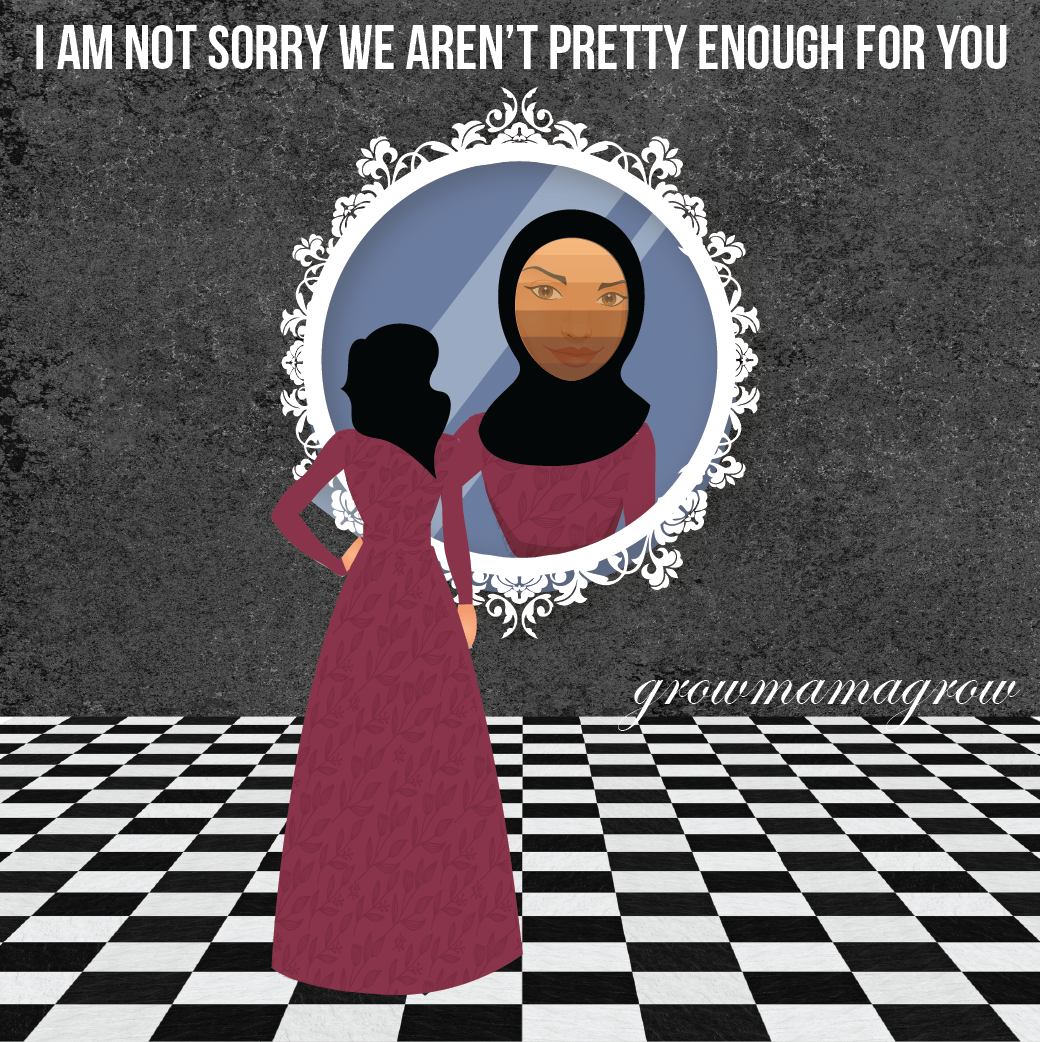 Last Friday on Eid Al-Adha, Muslims sacrificed an animal by hand in the tradition of Prophet Abraham. The guidelines for sacrifice are precise–the animal should be well-fed, free of defects, comfortably cared for, and above a certain age. The knife should be sharp, the animal should be shielded from sight of any fellow creatures being sacrificed and spared any distress until the very last moment. A swift cut by human hand and pronouncement of the name of God, and it becomes sustenance for human beings. One-third of the meat is distributed among the poor, one-third among neighbors and friends, and a final third is enjoyed by the one who offered the sacrifice and his or her family.
Last Friday on Eid Al-Adha, Muslims sacrificed an animal by hand in the tradition of Prophet Abraham. The guidelines for sacrifice are precise–the animal should be well-fed, free of defects, comfortably cared for, and above a certain age. The knife should be sharp, the animal should be shielded from sight of any fellow creatures being sacrificed and spared any distress until the very last moment. A swift cut by human hand and pronouncement of the name of God, and it becomes sustenance for human beings. One-third of the meat is distributed among the poor, one-third among neighbors and friends, and a final third is enjoyed by the one who offered the sacrifice and his or her family.
Though many parents would consider this a traumatic event for a child to witness, we took our four young children along without hesitation. Our family talks–a lot. We checked in again and again before the event, during, and after. We gauged their reactions, and felt assured that the eldest two could handle it, even though they had never watched a PG movie before. The farm was as idyllic and clean as could be. My husband knelt beside the wide-eyed observers, providing a running commentary as everything happened. There were no tears or nightmares, only questions.
As they walked by the pens, my children pet the wet noses of the unaware sheep. I could see them struggling with the knowledge of the impending end of these animals. I asked my daughter what she was thinking. She grimaced. She said that she understood why we were sacrificing a sheep, and that it would feel very little distress, yet she still felt sad.
I told her that the sadness and mercy she felt in her heart was beautiful. It helped her to be a better trustee of the earth. I reminded her of the same cycle we see all of the time, the hawk that we saw dive-bomb a squirrel, the lion who stalks a gazelle. Because God created this order, there is always a goodness that comes out of it–baby hawks and lions are fed, children grow strong and the poor become a little less hungry. It is important for us to realize that the things that we consume and enjoy come at a price, and we should not close our eyes to the unpleasant side. We owe the world over which God has given us free reign a greater respect, restraint, and kindness. It is never ours to keep nor waste.
The discussions lingered for a day or two afterwards. My children walked away from the experience with a sense of appreciation for the food that makes its way to their plate, and for the mercy and balance of their faith. I doubt they will throw away a piece of meat again. These experiences are threads that I hope will run through their lives: respect for creation, conscious moderation, and reverence for the sacred rites that God prescribed.
Our society wavers between extremes of excessive consumption and self-denial. It is difficult to locate the higher ground between ignorance of the cost and consequences of the luxuries we enjoy, and complete abstinence. If only for a day, the sacrifice of Eid is a chance to witness that higher ground of mindfulness, ihsan, and gratitude of the custodianship that God granted human beings over His creatures. I am so grateful for the teaching opportunity and reminder to keep our eyes open.
Maha Ezzeddine
Maha is a homeschooling mother of four children (7, 5, 3, and 2) and lives in Michigan. She is an active MAS worker and loves being in nature, writing, and working for Islam.











